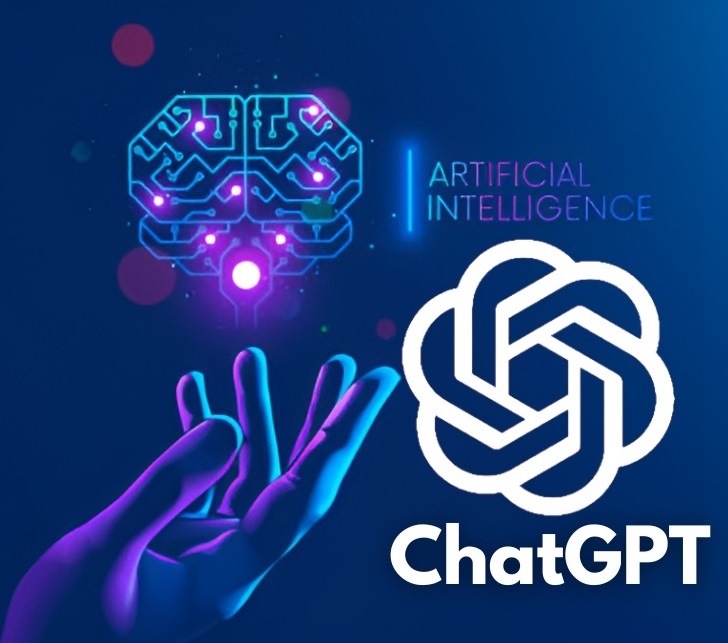
Pieter Snepvangers submitted an essay on social policy to a professor at Russell Group University, UK. While the lecturer gave the 2000-word essay a passing grade, he found it a bit ‘fishy’.
Why was it ‘fishy’?
Because it was written by ChatGPT.
Snepvangers asked ChatGPT several questions on social policy and managed to get 3,500 words from the bot. Without changing a single word, Snepvangers strung them together in the expected essay pattern. When the lecturer was asked whether he could identify that the essay was written by a software, the professor replied, ‘I don’t think it would have been abundantly clear.’ However, he did call ChatGPT’s writing style ‘waffly’ as if written by a ‘lazy’ student who had not put in too much work.
Snepvangers’ experiment proved simple tests could be passed using ChatGPT. All it required was ‘query, copy, paste’. But to quote Pieter’s professor, ‘You definitely can’t cheat your way to a first-class degree, but you can cheat your way to a 2:2 (average pass grade).’
As one of its test procedures, ChatGPT had been made to perform on a typical MBA core course at the prestigious Wharton School. It had come through with flying colours.
ChatGPT blows up eduverse
As expected, evidence that ChatGPT can pass university exams blew up eduverse. Elon Musk described ChatGPT as ‘scary good.’ In a kneejerk response, New York City Public Schools restricted access to ChatGPT. Many universities in India followed suit by banning it on campus. On the other hand, the International Baccalaureate has permitted ChatGPT to be used if students credit it.
In Delhi, a school student looking for a quick review of Girish Karnad’s play, Tughlaq, keyed a query into ChatGPT. ‘To my amazement, it gave an accurate, brief and well-structured essay which I submitted.’ What if everyone did that and then got caught? ‘The algorithm gives out different answers for different users,’ he replied cheekily, adding that the bot cannot be used for exams as phones are banned in school.
Will students use ChatGPT to cheat?
Possibly.
But a future where humans will give up the art of writing in favour of an AI-generated product is imagining a skewed scenario. In fact, apps are already being designed to foil the likes of ChatGPT. Open AI, the company behind ChatGPT has already released a free tool that is meant, ‘to distinguish between text written by human and text written by AI.’ It is also proposed that AI-generated text includes a watermark, indistinguishable to human eyes but readable by a machine.
Teachers across the world are observing ChatGPT with apprehension. They fear it will obstruct the cognitive abilities of students and set off a culture of plagiarism. A Princeton professor suggests redesigning exam questions to make it harder to answer using ChatGPT. For example, one can ask students to not just write a review of a book but to connect it to their own life experiences. The fact is ChatGPT can only reduce grunt work, no more.
Learning skills
Some educators believe it is better to embrace the tool rather than ban it. They want to consider ways in which this new technology will change the teaching-learning space.
Yes, ChatGPT given a prompt, will spit back an answer. But educators can show students how human emotion and intelligence matter more than auto-generated plausible answers. The focus should be on learning skills that ChatGPT is not good at. Classrooms need to be created that demonstrate that human capacity and growth manifests not by relying on machines but by using them to foster development.
The long view
ChatGPT can derive perks for educators, too. They can choose to reflect on, analyze and compare student versus technology responses. Why can ChatGPT not supplement teaching rather than hinder it? Why can it not be used to explore how student work differentiates from bot-produced results?
ChatGPT has invoked so much global response so quickly not due to its astonishing capability but because people are scared of what it can do. But we cannot blindfold ourselves and pretend ChatGPT is not happening or block technology we do not understand. We need to pause, consider its assets, and reap its benefits. ChatGPT will only serve to enhance education by making it more progressive, skill-based, creative, and transparent.
ChatGPT is not only here to stay, but it is the future of education.